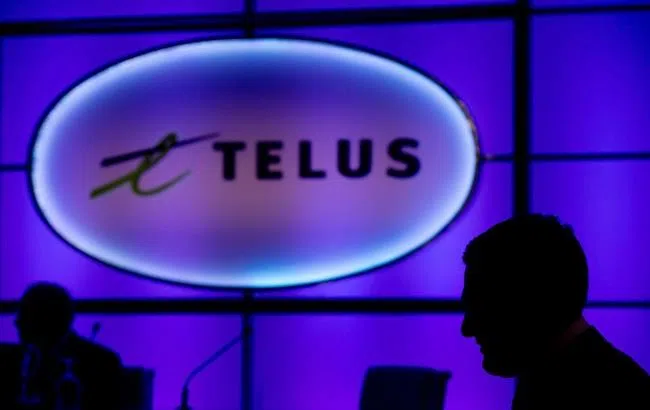
CRTC asked to investigate dispute involving excessive and dropped calls
OTTAWA — Canada’s telecom regulator has been asked to intervene in a battle between rival wireless carriers that is causing failed connections for hundreds of cellphone users, particularly in the North.
Telus Communications filed an application last week with the Canadian Radio-television and Telecommunications Commission, calling for a public review of what it considers excessive cellphone traffic directed toward Iristel Inc.
Telus accused Iristel of gaming the country’s telecom rules — at the expense of Telus — by redirecting calls to the North where it can charge much higher call interconnection rates than in the rest of the country.
The practice, known as “traffic stimulation,” involves services such as call centre lines or call-to-listen services using a particular area code where long distance interconnection rates are higher.
